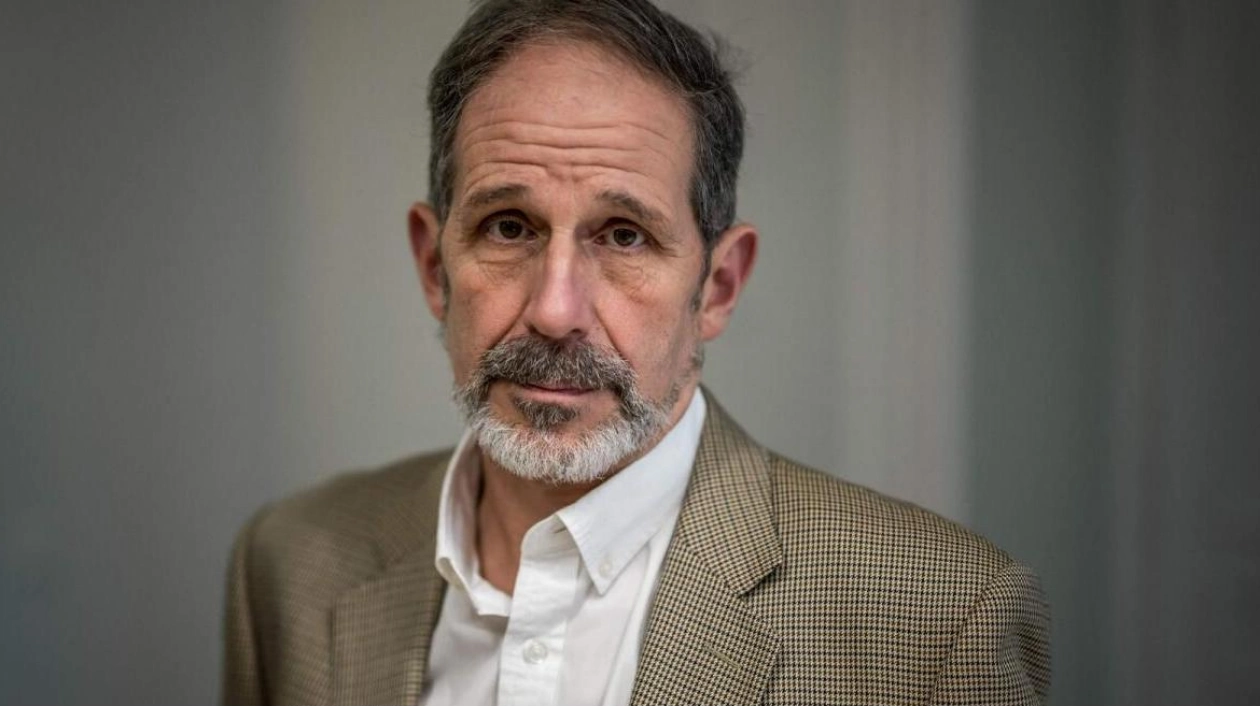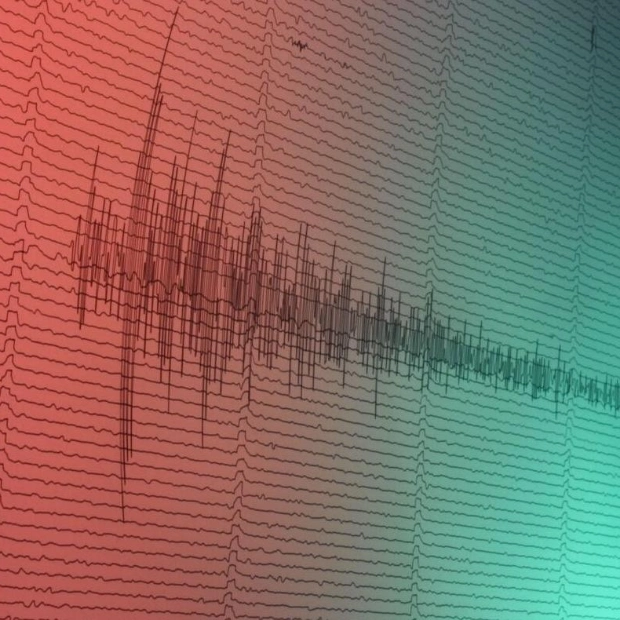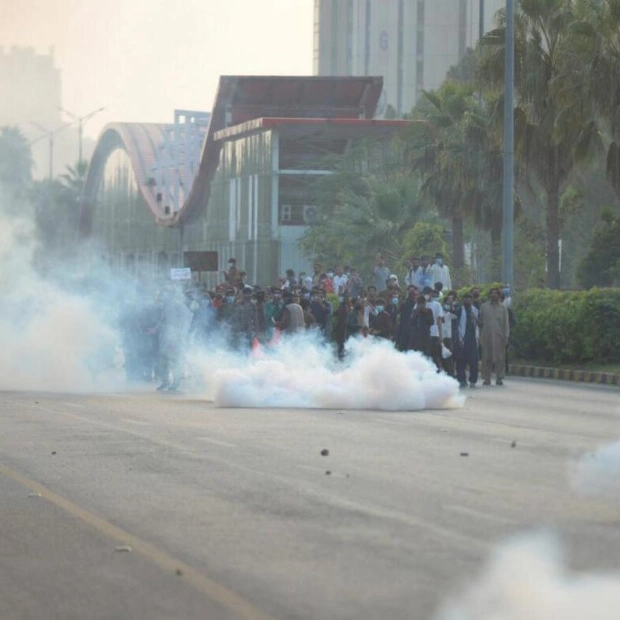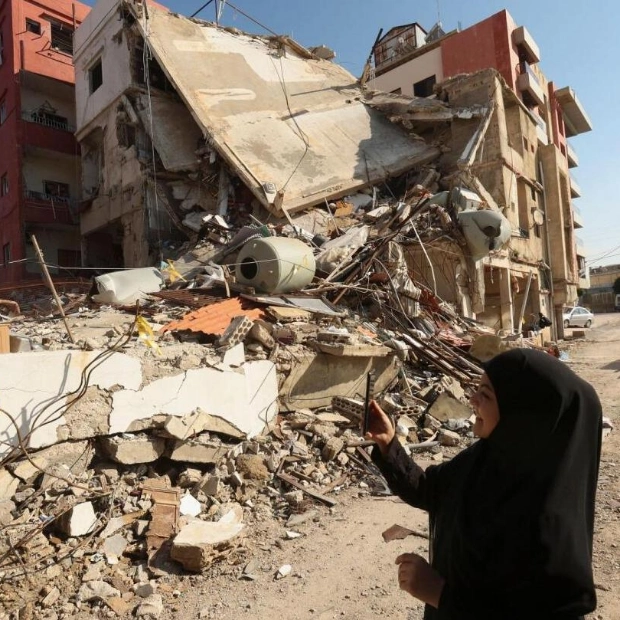Robert Petit, the Canadian head of the International, Impartial and Independent Mechanism for Syria (IIIM), poses during an interview in Geneva on December 9, 2024. — AFP
UN investigators, who have been collecting evidence of atrocities committed in Syria for years, now hope that Bashar Al Assad's fall will allow them to access 'the crime scene' and 'massive evidence.' 'There is a sea change,' said Robert Petit, a Canadian prosecutor and legal scholar leading the UN investigative body known as the IIIM on Syria. 'The evidence in Syria is finally becoming available,' he told AFP in an interview, a day after Assad fled Syria as Islamist-led rebels took over the capital, marking the end of his clan's five-decade rule over a country devastated by one of the century's deadliest wars.
'It's already quite clear that there's massive evidence,' Petit said, referring to videos from Syria's emptying prisons showing 'rooms full of reams and reams of paper.' 'There will be a massive amount of information available.' Assad's regime cracked down on a 2011 democracy movement, triggering a war that killed 500,000 people and displaced half the country. The conflict drew in multiple international players, with Russia and Iran supporting Assad against rebels backed by allies including the United States, which also led an international coalition against Daesh militants.
The IIIM was established by the UN in late 2016 to prepare prosecutions for major international crimes committed by all sides in Syria. However, the group has been unable to access Syria itself, despite repeated requests to the Assad government. The recent power shift now offers a chance for the group to enter Syria, speak to victims, and examine evidence firsthand. 'It's the crime scene, so if we can have access to the crime scene, it's a game-changer for us,' Petit said, who took over the IIIM earlier this year. Even without setting foot in Syria, his 82-member team has collected vast amounts of evidence, accumulating 283 terabytes of data on the worst international crimes committed during the war.
When asked if evidence against Assad himself was included, Petit declined to reveal specifics. However, he noted that IIIM's 'structural investigations' aim to 'map out the command responsibility of individuals,... (looking) at the highest level and all the way down to the actual physical perpetrator.' The investigators emphasized in a statement that it was time 'to start addressing the widespread impunity for nearly every atrocity imaginable.' 'It does run the gamut from mass killings to the use of chemical weapons... to enslavement, to genocide,' Petit said. 'It's only limited by the imaginations of the perpetrators, and unfortunately, that imagination seems to grow with the means at their disposal.'
The evidence gathered by the IIIM has already supported over 200 investigations into crimes in Syria, conducted across 16 jurisdictions, including Belgium, France, Sweden, and Slovakia. 'These new circumstances are going to bring a lot more,' Petit said, stressing the need for 'additional resources.' The most critical task now, he said, was to 'preserve the evidence.' Syrian civil society already has experience in handling evidence for criminal proceedings, but for those who need guidance, the IIIM offers a 'basic how-to' on its website, including the importance of securing evidence and maintaining a clear chain of custody.
The hope is that a national accountability process in Syria could emerge, and steps could be taken to grant the International Criminal Court jurisdiction over crimes committed in the country. The IIIM stands ready to assist in both scenarios, with Petit emphasizing that justice must be a central part of Syria's future. 'If accountability is not part of it,' he warned, 'you're not building anything solid.'
Source link: https://www.khaleejtimes.com






